
Soumya Vishwanath, PharmD, senior manager of formulary strategy at Magellan Rx Management, highlighted the therapeutic gaps that need to be addressed to ensure that patients with behavioral health disorders are well cared for.

Soumya Vishwanath, PharmD, senior manager of formulary strategy at Magellan Rx Management, highlighted the therapeutic gaps that need to be addressed to ensure that patients with behavioral health disorders are well cared for.
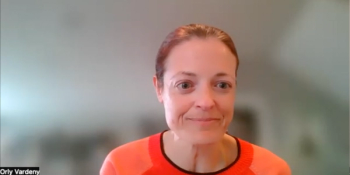
Orly Vardeny, PharmD, MS, core investigator, Center for Care Delivery and Outcomes Research, and associate professor of Medicine, University of Minnesota Medical School, discusses key barriers to access of novel therapies and what sessions she’s looking forward to during the American College of Cardiology's (ACC) 71st Annual Scientific Session.
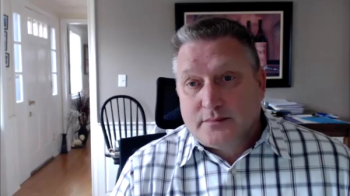
Jeffrey Casberg, vice president of pharmacy at IPD Analytics, discussed some of the regulatory and legal hurdles that generic and biosimilar companies have to face on the road to market launch.
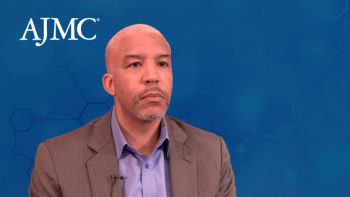
Everything from the genomic data for the cancer to the zip code of a patient matters when delivery care, said Edmondo Robinson, MD, MBA, MS, FACP, senior vice president and chief digital officer at Moffitt Cancer Center.
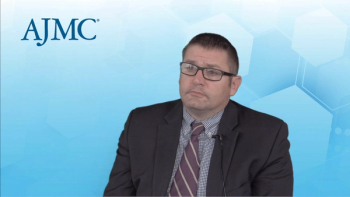
Michael Ciarametaro, MBA, vice president of research at the National Pharmaceutical Council, discusses the balance between lowering drug prices and encouraging innovation in new drug classes for serious diseases.
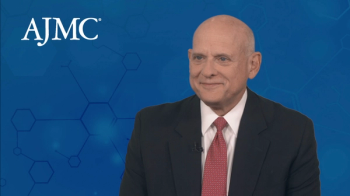
Traditional cardiovascular (CV) risk prediction models may not apply accurately to patients with HIV who may develop the cardiovascular disease younger than usual, said Jorge Plutzky, MD, director of the Vascular Disease Prevention Program and director of Preventive Cardiology at Brigham and Women’s Hospital and associate professor of medicine at Harvard Medical School.
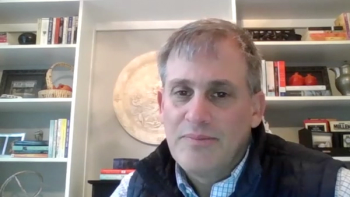
The accountable care organizations (ACOs) participating in the new ACO REACH model will have a health equity benchmark adjustment and need to collect more data to help better understand the populations being cared for and serve those from underserved communities, said Michael Chernew, PhD.

Jonathan Kentley, MBBS, MSc, research fellow at Memorial Sloan Kettering Cancer Center, explains ways artificial intelligence (AI) is being used in dermatology, including smartphone applications, at the 2022 American Academy of Dermatology Annual Meeting.
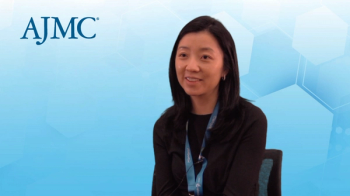
Bernice Kwong, MD, clinical professor of dermatology, Stanford University, expands on her session about graft-versus-host disease diagnosis and management presented at the 2022 American Academy of Dermatology Annual Meeting, emphasizing the importance of the relationship between patients and doctors.
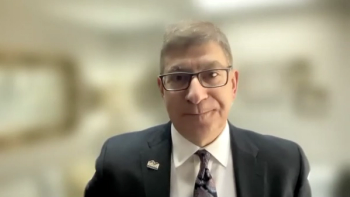
It’s important that patients understand the likely outcomes, problems that can occur along the way, and the risks of a treatment or procedure, explained Robert G. Fante, MD, FACS, president of the American Society of Ophthalmic Plastic & Reconstructive Surgery and facial plastic surgeon and cosmetic surgeon, Fante Eye & Face Centre in Denver, Colorado.
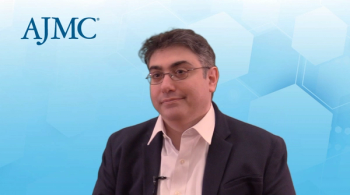
David Rosmarin, MD, vice chair of research and education, Department of Dermatology, Tufts Medical Center, discusses best practices for choosing biologics, as well as his late-breaking findings on ruxolitinib cream for vitiligo at the 2022 American Academy of Dermatology (AAD) Annual Meeting.
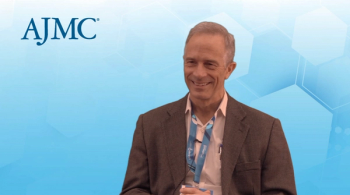
Robert Sidbury, MD, MPH, chief, Division of Dermatology, Seattle Children's Hospital, sat down to discuss comorbidities newly associated with atopic dermatitis at the 2022 American Academy of Dermatology Annual Meeting.
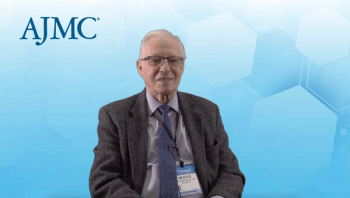
Alan Menter, MD, chairman of dermatology, Baylor University Medical Center, discussed some of the updated psoriasis guidelines at the 2022 American Academy of Dermatology Annual Meeting.
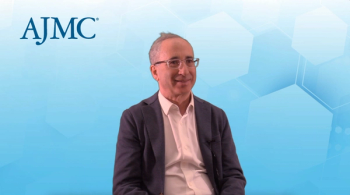
The lack of racial representation in dermatology education prompted the launch of Project IMPACT, explained Art Papier, MD, dermatologist, CEO, VisualDx at the 2022 American Academy of Dermatology Annual Meeting.
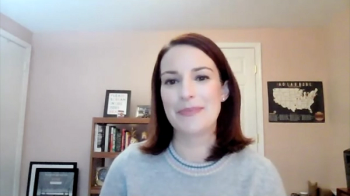
Melissa Andel, principal at CommonHealth Solutions, previewed her session on policy making and pricing reform at the upcoming Academy of Managed Care Pharmacy's annual meeting.

There is evidence that people with HIV may have increased risk of cardiovascular disease and researchers are still trying to understand why, said Jorge Plutzky, MD, director of the Vascular Disease Prevention Program and director of Preventive Cardiology at Brigham and Women’s Hospital and associate professor of medicine at Harvard Medical School.
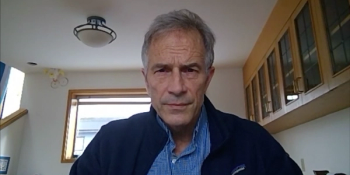
Robert Sidbury, MD, MPH, chief, Division of Dermatology, Seattle Children's Hospital, spoke on considerations for dermatologists in seeking payer coverage of novel, expensive therapies for atopic dermatitis.
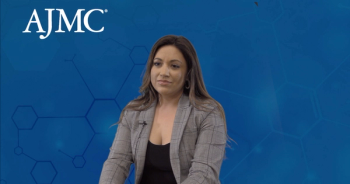
Angela Storseth-Cooper, associate director, Government Relations & Public Policy, The US Oncology Network, discusses state-level legislation that community oncology practices can leverage to address issues involving pharmacy benefit managers and the vertical integration of health plans and specialty pharmacies.
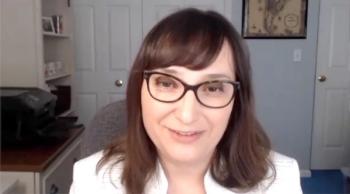
Roxana Siles, MD, FAAAAI, codirector of the Asthma Center at Cleveland Clinic, discusses the challenges of managing patients with chronic cough.
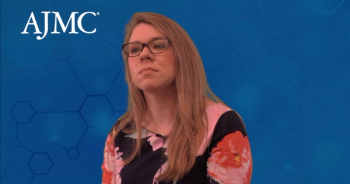
At the 2022 Community Oncology Conference, Elizabeth Spurlock, MA, PHR, director, Human Resources Business Partner, Texas Oncology, discussed the prevalence of burnout among physicians, staff, and administrators, and several strategies to reduce risk and support the health care workforce.

On this episode of Managed Care Cast, Teresa Tyson, DNP, MSN, FNP-BC, FAANP, and Paula Hill-Collins, DNP, MSN, FAANP, discuss how The Health Wagon, a free mobile-based and nurse-managed clinic, provides accessible health care to rural residents in Virginia's Appalachian region.

The Global and Professional Direct Contracting model is going to be replaced with a new accountable care organization (ACO) model, which addresses some of the pushback there had been on the direct contracting model, said Michael Chernew, PhD.
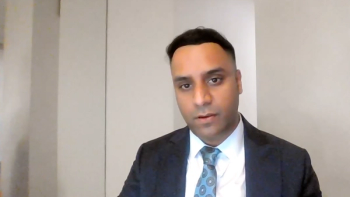
Teprotumumab has shown great efficacy in treating thyroid eye disease in both clinical trials and real-world settings, but more data are needed on adverse events, said Shoaib Ugradar, MD, UCLA Stein Eye Center Santa Monica.

Linda Stein Gold, MD, director of dermatology clinical research at Henry Ford Health System, incoming vice president, American Academy of Dermatology (AAD), previews AAD 2022 and what she looks forward to both learning and teaching others.

On this episode of Managed Care Cast, Lori Timmins, PhD, and Eugene Rich, MD, discuss the findings of their interim analysis of data from the first 3 years of the Comprehensive Primary Care Plus Initiative, a large-scale effort of primary care redesign meant to improve care fragmentation among Medicare fee-for-service beneficiaries.
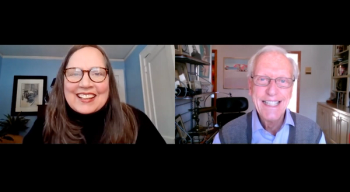
William Schaffner, MD, medical director at the National Foundation for Infectious Diseases (NFID), and Patsy Stinchfield, RN, MS, CPNP, president-elect of NFID, explain how COVID-19 testing developments have opened doors for developments in respiratory syncytial virus (RSV) testing.
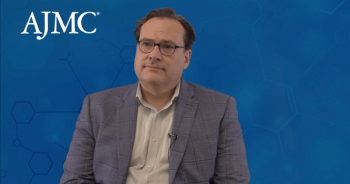
Lalan Wilfong, MD, vice president of Payer Relations & Practice Transformation at The US Oncology Network, speaks on how use of health economics and outcomes research has benefitted patient care in the community oncology setting and where it can be further leveraged in the pursuit of value-based care.
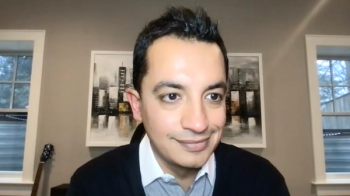
Sunil Verma, MD, senior vice president and global head of oncology, medical, at AstraZeneca, talks about advancements in standards of care for uncommon cancers, including cholangiocarcinoma.
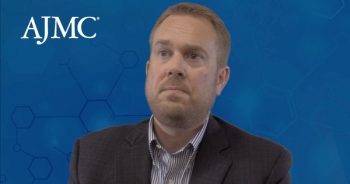
Ben Jones, vice president, Government Relations & Public Policy, The US Oncology Network, addresses potential reform at the federal and state level that could accelerate the pursuit of value-based care in the community oncology setting.
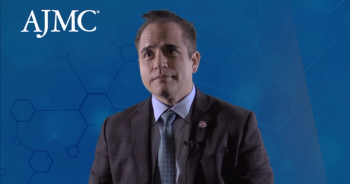
Michael Diaz, MD, president and managing physician, Florida Cancer Specialists & Research Institute, speaks on takeaways from his discussions on site of care and pharmacy benefit managers (PBMs) at the 2022 Community Oncology Conference.

259 Prospect Plains Rd, Bldg H
Cranbury, NJ 08512
© 2025 MJH Life Sciences®
All rights reserved.
